There’s something uniquely revealing about solo travel.
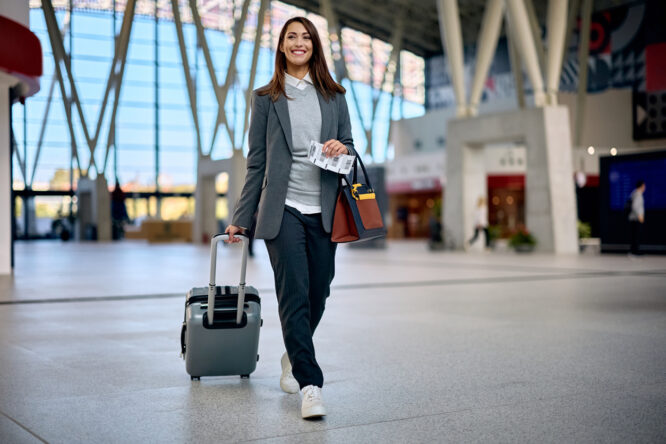
You don’t just get to see and explore new places—you’re also seeing yourself in new ways. Without familiar people around to shape your experience, you notice how you think, feel, react, and move through the world when it’s just you. Weirdly enough, those lessons hit differently than anything you’ll learn on a group tour. As a result, here are some of the things solo travellers often discover about themselves that group trips just don’t uncover.
1. You’re more capable than you gave yourself credit for.
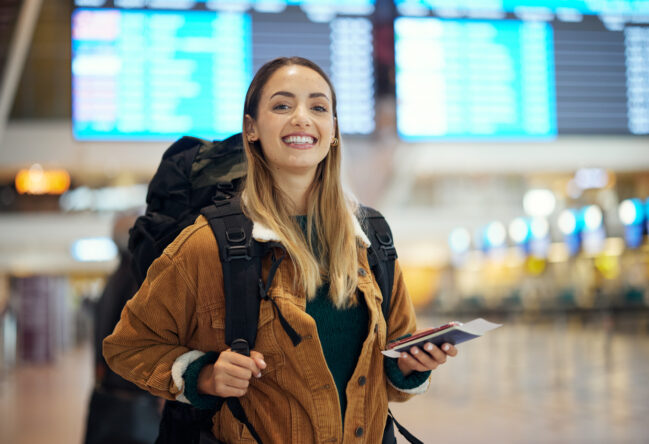
From navigating unfamiliar streets to figuring out currency conversions on the fly, solo travel constantly reminds you that you can handle more than you think. You solve problems, make decisions, and keep yourself safe—and you do it all without backup.
There’s a quiet pride that comes from realising you don’t need to outsource competence. You’ve got it. Even when you’re lost, tired, or unsure—you figure it out anyway.
2. You have preferences you never noticed before

When you travel in a group, you compromise a lot. You go where everyone else wants to go, eat what the group picks, and move at a shared pace. Solo travel removes all that noise. Suddenly, you learn if you’re a slow wanderer or a fast mover. A city person or a nature-seeker. Someone who needs an itinerary or thrives in spontaneity.
It’s not always dramatic—but it is revealing. You start noticing the details of what you actually enjoy, rather than what you’ve just gone along with before.
3. You get comfortable being alone in public
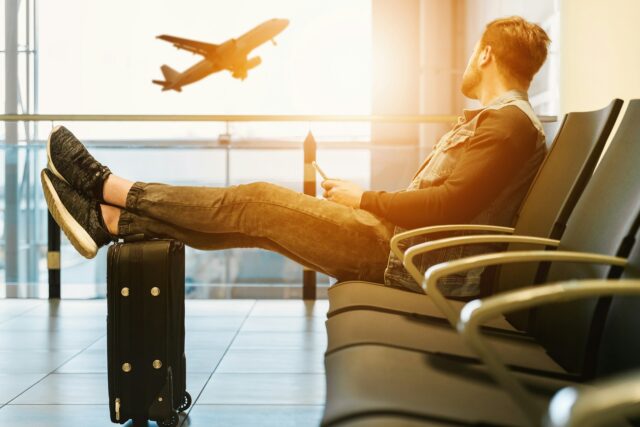
Sitting alone in a café, dining solo at a restaurant, or exploring without a plus-one starts off feeling slightly awkward. But then something shifts. You stop worrying about what it looks like—and start noticing how free it feels.
Solo travellers often realise that enjoying your own company is a quiet kind of power. You don’t need to be surrounded to feel connected. That confidence doesn’t just stay abroad—it comes home with you.
4. You listen to yourself more—and start trusting what you hear
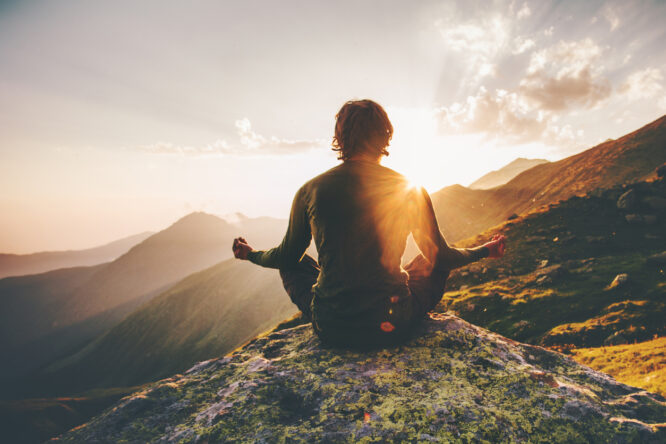
With no one else to bounce ideas off of or shape your decisions, your own voice becomes clearer. What do you want to do today? Where do you feel like going? Do you push through the plan or change it on a whim?
Solo travel strengthens self-trust. You start to notice the pull of intuition more often—and you realise that it’s often spot-on.
5. You learn what kind of discomfort helps you grow
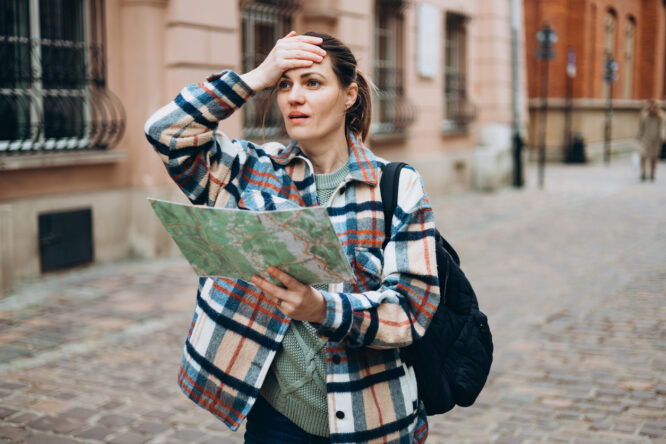
Travelling solo can be uncomfortable. There are language barriers, moments of uncertainty, and stretches of awkward solitude. But you also start to realise that *some* discomfort is good—it means you’re expanding.
Group trips often buffer those edges. Solo travel doesn’t. And in that rawness, you find out how resilient, adaptable, and resourceful you really are.
6. You drop the need to impress anyone

When you’re alone, you’re not curating your trip for Instagram or trying to keep up with someone else’s energy. You’re just living. You dress for comfort, take detours on a whim, and start to let go of how you’re perceived.
This internal shift stays with you. It shows you what it’s like to make choices that feel good for *you*—not the crowd.
7. You learn how your mind fills space when it’s quiet
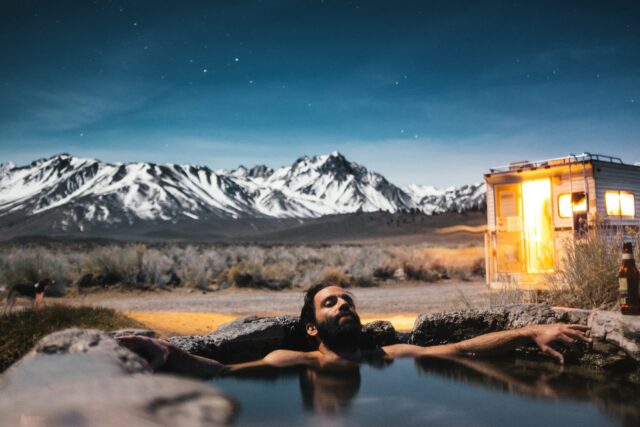 Source: Unsplash
Source: Unsplash Without conversation to fill every moment, you become more aware of your thoughts. What comes up when you’re walking solo through a market or watching the world go by on a train? What memories resurface? What ideas take shape?
Solo travellers often find themselves reflecting more deeply—not because they planned to, but because the silence finally gave them room to hear themselves think.
8. You get clearer on your boundaries

When it’s just you, you become more protective of your time, energy, and safety. You learn how to politely decline things, trust your gut around people, and pull away when something feels off. These aren’t lessons that show up loudly, but they’re life-changing. You get better at recognising what feels right and what doesn’t, and acting on it without apology.
9. You stop needing constant distraction.

Without someone to talk to or a packed schedule, you may reach for your phone more at first. However, eventually, you ease into the rhythm of presence. You start noticing your surroundings more—the colours, the sounds, the way light hits the street. Solo travel has a way of reconnecting you with your own senses. You stop chasing entertainment and start absorbing what’s already around you.
10. You find out what makes you feel grounded, no matter where you are.

Whether it’s a morning coffee ritual, journaling, a familiar song, or a call home—solo travellers often build tiny anchors into their day. These habits give structure in unfamiliar places, and teach you what you actually need to feel safe and stable. It’s a reminder that you can build “home” wherever you go—not with stuff, but with consistency and care for yourself.
11. You learn that loneliness and solitude are definitely not the same.
 Source: Unsplash
Source: Unsplash Loneliness might show up, sure, but it’s usually fleeting. What settles in instead is a sense of solitude that feels nourishing. You realise that being alone doesn’t mean you’re lacking—it means you’re choosing presence on your own terms. This realisation changes how you experience time alone, even after you get back. You start craving your own space, not fearing it.
12. You become more generous—with other people and yourself.
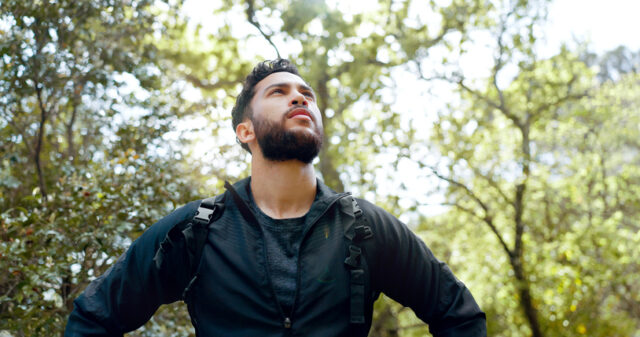
When you’re alone, kindness from strangers hits differently. A helpful gesture, a smile, or someone going out of their way for you reminds you how human connection transcends language and distance. In return, you often find yourself softening too—offering help, giving patience, showing warmth to other people, and to yourself. Solo travel grows empathy in surprising, gentle ways.
13. You finally meet the version of you that’s not performing.
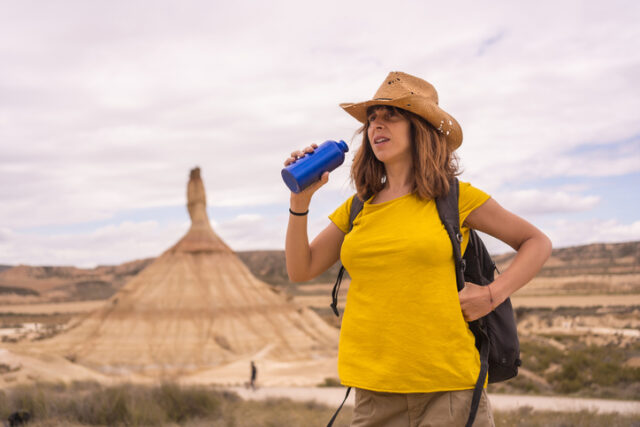
With no one around to shape your identity, you start meeting the most unfiltered version of yourself. The one that doesn’t need approval, isn’t defined by roles, and simply exists. It’s not always comfortable, but it’s honest. And once you’ve travelled with that version of yourself, it’s hard to keep living in ways that aren’t aligned with who you really are.




